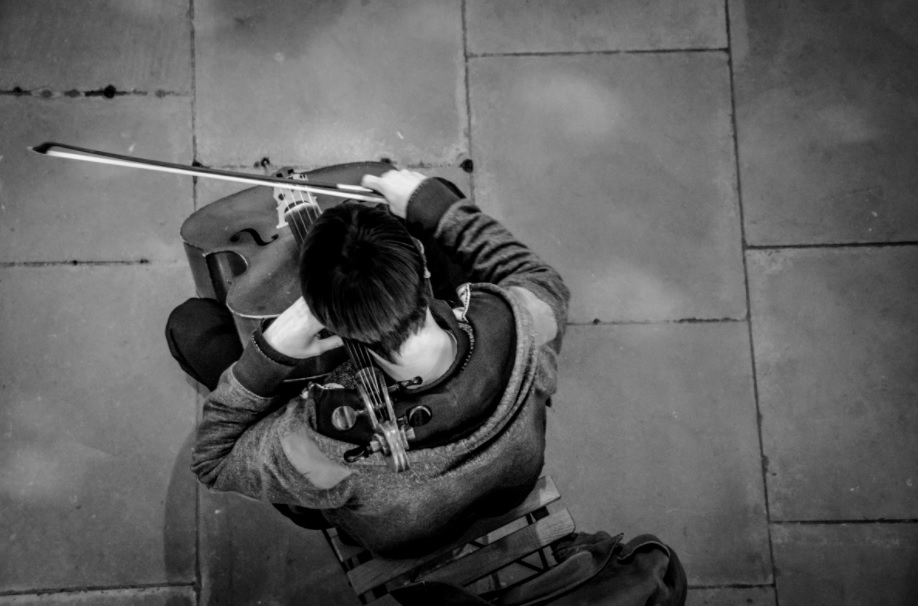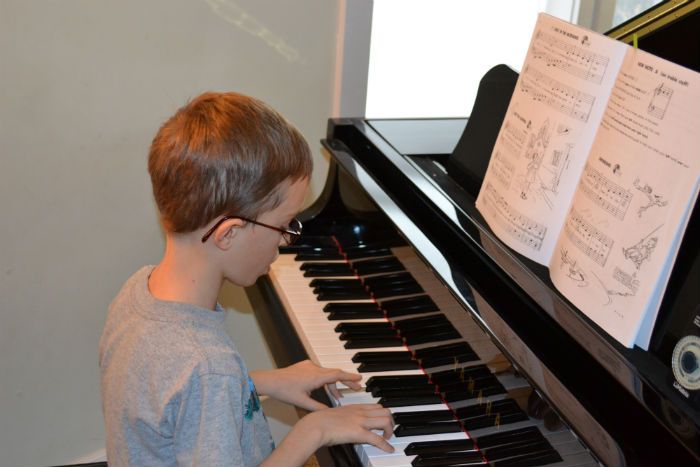Share your passion!
Playing music is often a great social “glue”, that will allow you to introduce yourself to many like-minded musicians and music fans, sharing incredible experiences whether playing in a band together in some garage or listening to a record with a nice cup of coffee.
Brain train!
Music has been an integral part of the culture for centuries. Classical music has been shown to have a variety of beneficial effects on people, from putting people in a calmer and more relaxed state, reducing stress, and even improve intelligence. Children who learn how to play a musical instrument showcase statistically more developed perceptions and psychophysical capabilities, including improved memory and ability to focus!
Learn more languages!
Music is practically a language per se. There seems to be a correlation between learning music and learning a language on a mental standpoint. Children who take up on music are actually more likely to become fluent in a second language. With the same premises, music might help children with problems such as autism and dyslexia, because the musical notions might allow their brains to focus on their sound/information processing in different areas, including speech and attention management.
Better coordination!
Learning how to play a music instrument has been shown to improve mind-body coordination and it even helps people with psychophysical disabilities find more balance! If you play the piano, for example, your hands will touch and feel the keys, you ‘ll think about the pressure you need to apply, you’ll educate yourself to tuning and pitch, you’ll learn the technique and you are developing muscle memory…all of these processes are handled and coordinated by the brain, which in turns, becomes a lot more elastic and flexible.
Fun and creative!
Being able to perform your favorite song or write your own is simply amazing. There are no words to describe the feeling of reward and emotional response!


